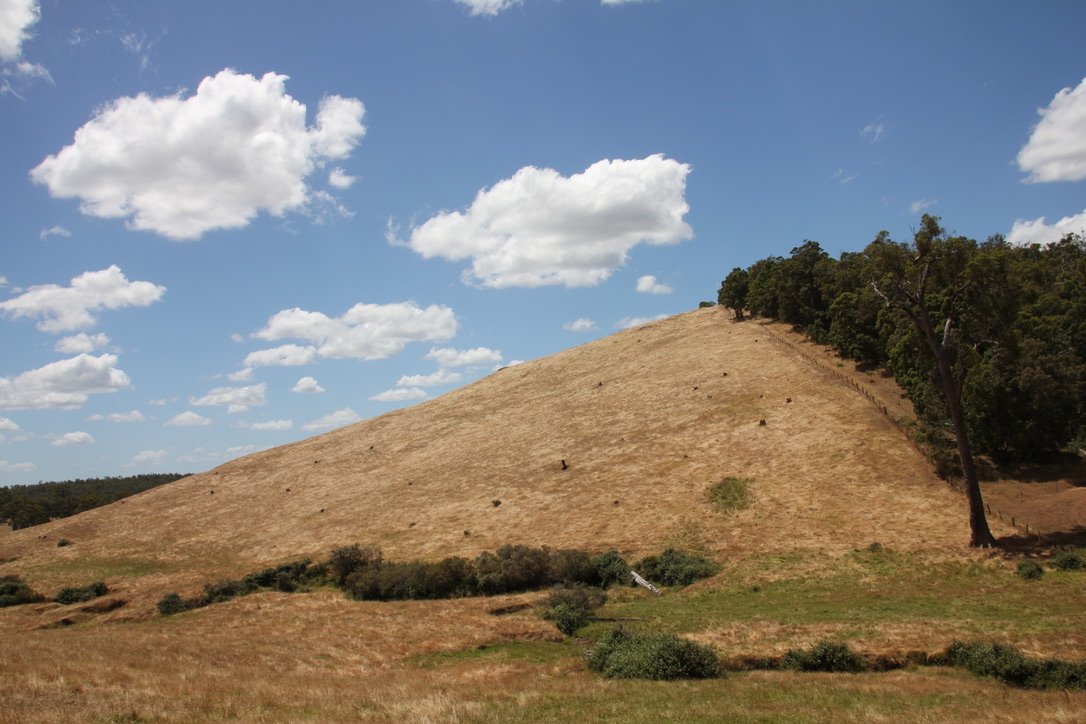
Electroculture
When the atmospheric electricity is used to increase plant growth.
Belgian agricultural engineer, Yannick Van Doorne's work on electroculture is particularly interesting as he emphasizes its potential to revolutionise agricultural practices by harnessing electrical energy to stimulate plant growth. Various methods are explored such as applying electromagnetic waves, sound frequencies and subtle energies to enhance root development, improve nutrient uptake, and increase overall crop resilience.
His writing discusses practical applications, experimental results, and the underlying science, highlighting both the benefits and the need for further research.
Van Doorne advocates for integrating electroculture into sustainable farming practices to address challenges like food security and environmental impact while aiming to promote broader adoption of electroculture in modern farming.
What is electroculture?
Electroculture, also called magnetoculture, energetic agriculture, electrohorticulture or electroagriculture, is the integration of knowledge of the natural electromagnetic currents with the growing of food and raising animals.
Electroculture is an agricultural technique that uses electrical fields or currents to enhance plant growth and improve crop yields. The concept is based on the idea that electrical energy can influence plant physiology, promoting root development, nutrient uptake, and overall vitality.
Methods can include grounding plants or using electrodes to create electric fields in the soil. While it has gained some attention for its potential benefits, research is ongoing to fully understand its effectiveness and practical applications in modern farming.
"Through electroculture, we reconnect agriculture with natural forces, blending science and nature to cultivate healthier crops."
— Unknown
In the 1920s, French farmer and electroculture’s inventor Justin Christofleau is a notable figure in the field of electroculture and regenerative agriculture, known for his pioneering work in applying electrical principles to enhance plant growth. His research investigates how electrical fields and currents can stimulate physiological responses in plants, leading to improved root development, increased nutrient uptake, and overall better crop health.
Christofleau's journey into electroculture began with a keen interest in sustainable farming practices and the potential to address modern agricultural challenges, such as declining soil health, reduced crop yields, and environmental degradation. By integrating scientific research with hands-on experimentation, he aims to create practical solutions that farmers can implement in their fields.
One of his key contributions is the development of various electroculture techniques that utilize low-voltage electric currents and strategically placed electrodes. These methods have shown promise in enhancing seed germination rates, boosting plant vigor, and increasing resistance to pests and diseases. His experiments often involve detailed monitoring of plant responses to different electrical configurations, contributing to a deeper understanding of the mechanisms at play.
In addition to his research, Christofleau actively engages with agricultural communities, sharing his findings through workshops, presentations, and publications. He emphasizes the importance of collaboration among researchers, farmers, and enthusiasts to foster innovation and practical applications of electroculture. By empowering farmers with knowledge and tools, he aims to encourage the adoption of these techniques to promote more sustainable and resilient farming practices.
Christofleau's work is not only focused on individual crops but also on the broader implications of electroculture for food security and environmental sustainability. He advocates for a holistic approach to agriculture, one that respects natural ecosystems while leveraging innovative technologies to improve productivity. His vision includes integrating electroculture with other regenerative practices, such as permaculture and agroecology, to create synergistic systems that enhance biodiversity and soil health.
As interest in sustainable agriculture continues to grow, Justin Christofleau stands out as a leading voice in the electroculture movement, inspiring both researchers and practitioners to explore the potential of electricity in farming. His contributions are paving the way for a new era of agricultural practices that harmonize technology with nature, ultimately aiming for a more sustainable and productive future.
More on Christofleau's work here.




